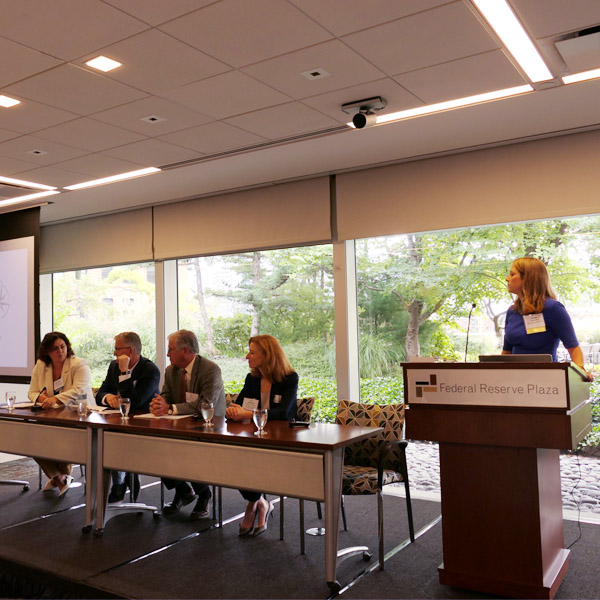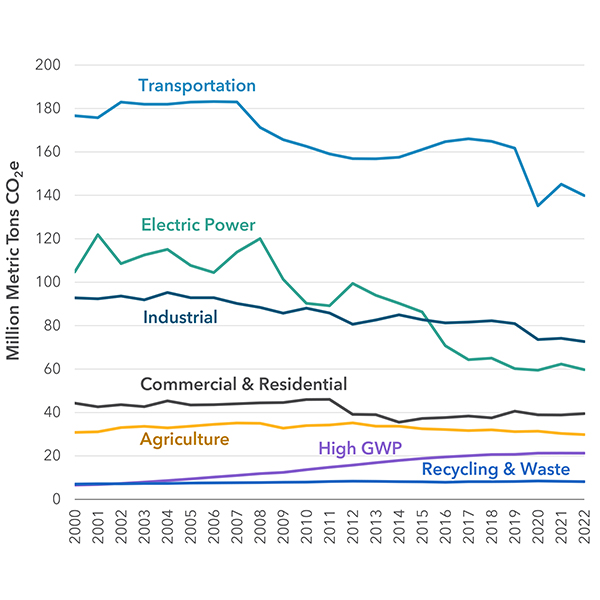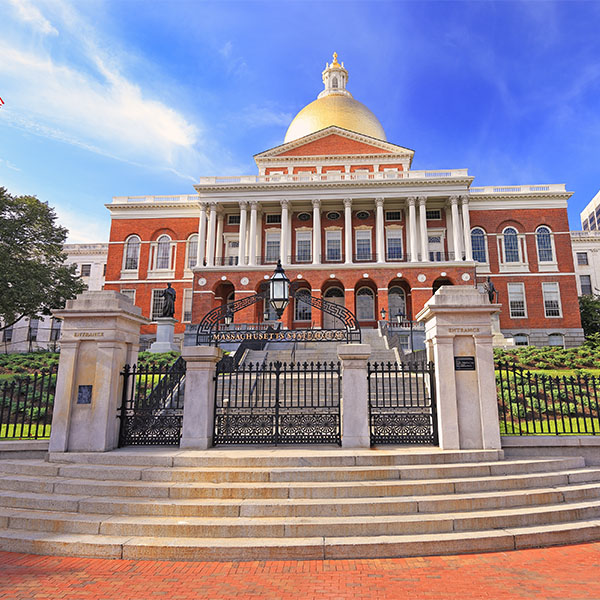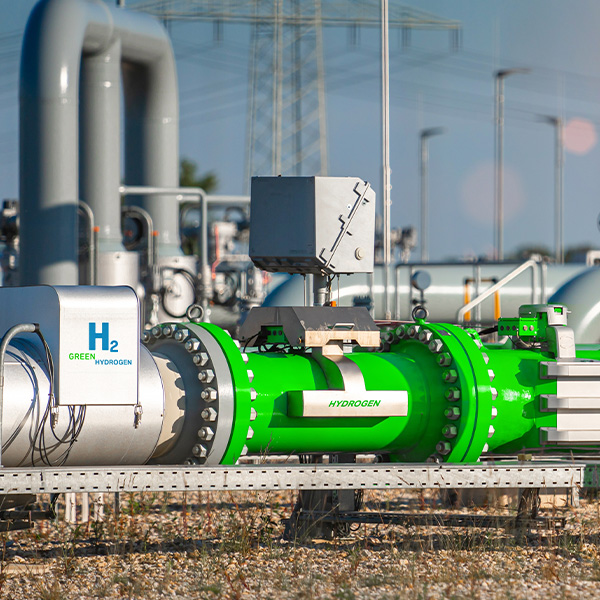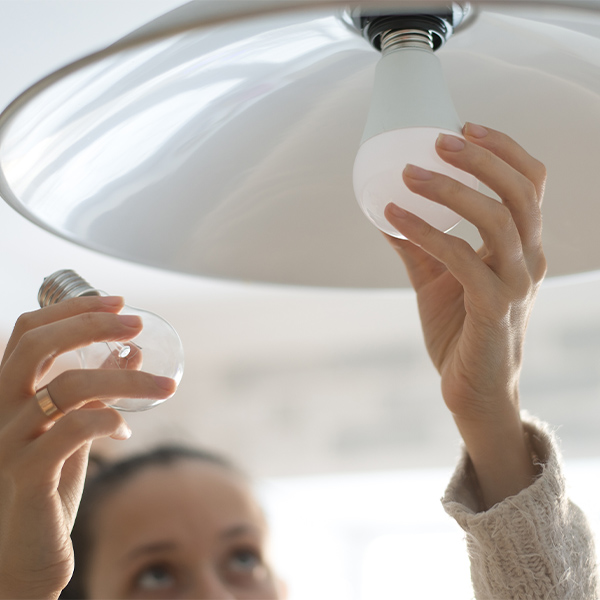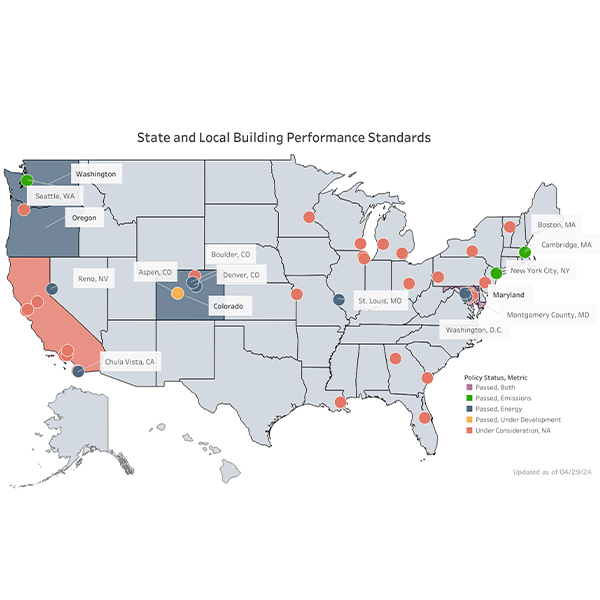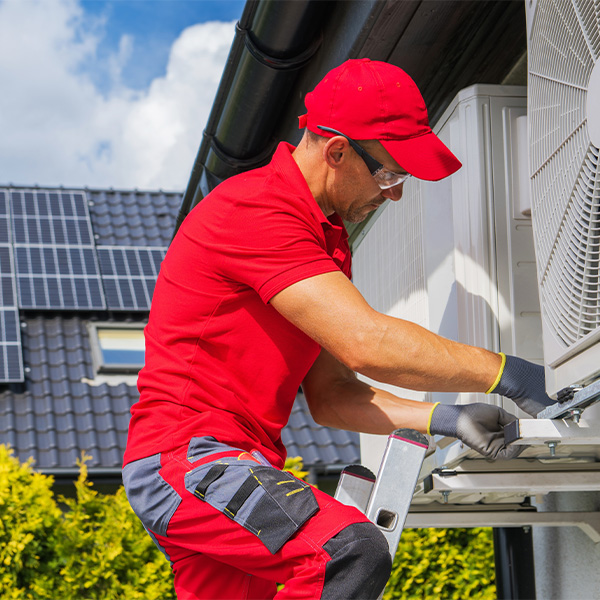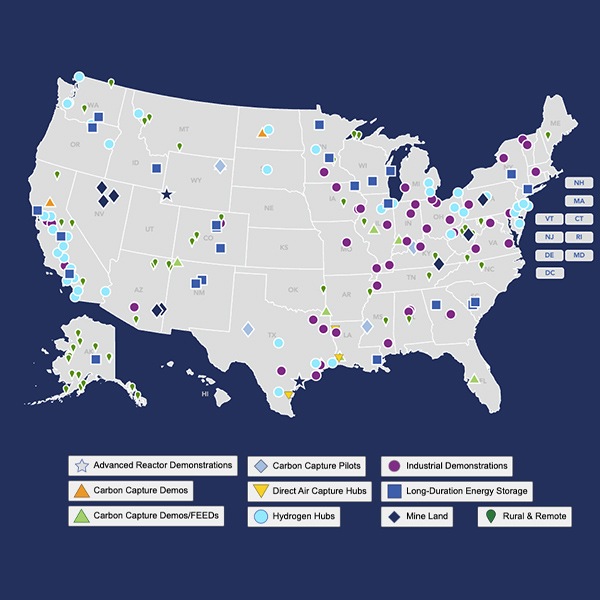Building Decarbonization
In a report accompanying the draft Clean Heat Standard rule, the Vermont PUC said it makes no sense for a single small state to create such a costly and complex system.
In a reflection of broader disagreements across the New England energy landscape, speakers at a Northeast energy conference presented divergent visions of the future role of natural gas.
California’s greenhouse gas emissions fell by 2.4% in 2022 compared with the prior year, with the largest decrease seen in the transportation sector, according to a report by the California Air Resources Board.
Following the failure of the Massachusetts House and Senate to reach common ground on a climate bill this summer, Gov. Maura Healey (D) has proposed to include clean energy permitting and procurement provisions in a supplemental budget bill.
The report commissioned by the Environmental Defense Fund slams the concept of natural gas-hydrogen blends as a false path to New York’s building decarbonization goals.
The average household should save $107 on utility bills every year because of the efficiency standards crafted by the Biden administration, according to a new analysis.
The Department of Energy aims to help cities and states reduce emissions with more than $240 million in grants to promote the adoption of building performance standards
To gain a deeper understanding of how the IRA is being implemented, NetZero Insider invited several industry leaders to talk about their views on the law.
Signed into law Aug. 16, 2022, the IRA is the largest federal investment in climate and clean energy action in history, and leading up to the IRA’s second anniversary, the Department of Energy and other agencies have heralded the law’s impact and benefits.
New Jersey’s Board of Public Utilities awarded $3.4 million in grants to 18 proposals under a new program designed to help municipalities implement clean energy projects.
Want more? Advanced Search

